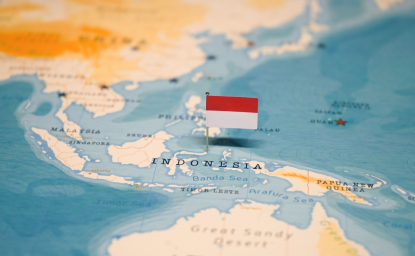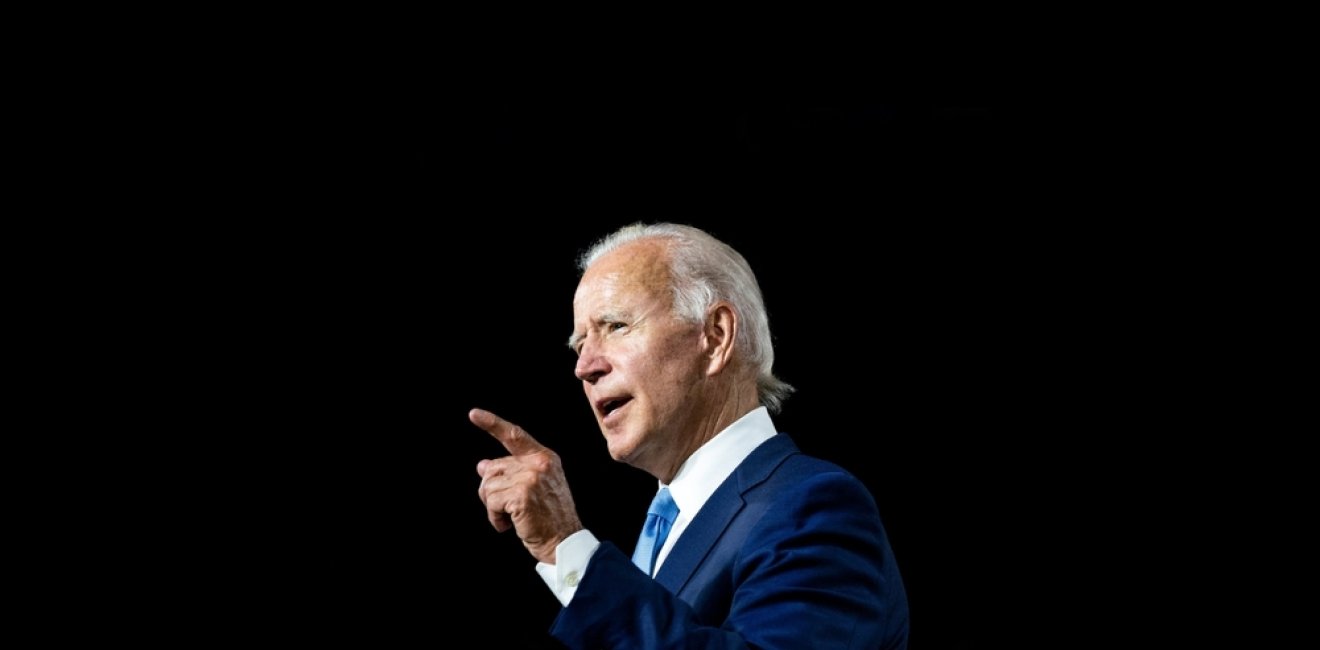President Biden's Middle East policy remarks at the State of the Union on March 7, 2024, focused heavily on the Palestinian-Israeli arena and less on Iran. He mentioned Iran once, reiterating how and what his administration has done to counter attacks on US targets and shipping routes in the region.
In hosting the American families of the hostages taken by Hamas, reminding people of the heinous attacks carried out by Hamas as well as Israel's right to fight Hamas, President Biden underscored his administration's number one goal: the release of all hostages taken on October 7.
President Biden addressed the humanitarian catastrophe that has unfolded in Gaza and the killing of 30,000 Palestinians, mostly innocent civilians, in an unprecedented way since this war began. These were the most descriptive remarks about the loss of human life and the destruction in Gaza to date from the President. While not naming Prime Minister Netanyahu, it was a clear, direct, and escalatory message to the prime minister and the "Israeli leadership," not only to ensure that protecting and saving innocent lives is a "priority" but that humanitarian assistance cannot be used as a "bargaining chip."
This reflects the growing frustrations with Mr. Netanyahu and the Israeli war cabinet on the failure to allow humanitarian aid into Gaza as the Palestinian population faces famine, the outbreak of disease, and more suffering. President Biden did so with another clear reminder that he is a staunch ally and good friend of Israel. It may not have been what the Israelis wanted to hear, but it was what they needed to hear from its number one ally at a time when it is increasingly under heavy criticism from around the world for the death and destruction in Gaza.
The president’s announcement of the temporary pier in the Mediterranean on the coast of Gaza was welcomed as necessary; however, with cautionary messages from countries in the region that this pier cannot be an alternative to transporting humanitarian aid by land, particularly given the logistical challenges involved and the time it will take to set it up and distribute aid without US boots on the ground.
Finally, President Biden's reiteration that the only way forward to maintain Israel's security is through the two-state solution is consistent with the administration's approach from day one. Linking it to talks with the Saudis indicates that the Biden administration is still committed to its pre-October 7 normalization project between Saudi Arabia and Israel.
The views expressed in these articles are those of the author and do not reflect an official position of the Wilson Center.
Author


Middle East Program
The Wilson Center’s Middle East Program serves as a crucial resource for the policymaking community and beyond, providing analyses and research that helps inform US foreign policymaking, stimulates public debate, and expands knowledge about issues in the wider Middle East and North Africa (MENA) region. Read more

Explore More
Browse Insights & Analysis
The OSCE is a Good Value for America

Israel Escalates Attacks in Gaza: What’s Next?


